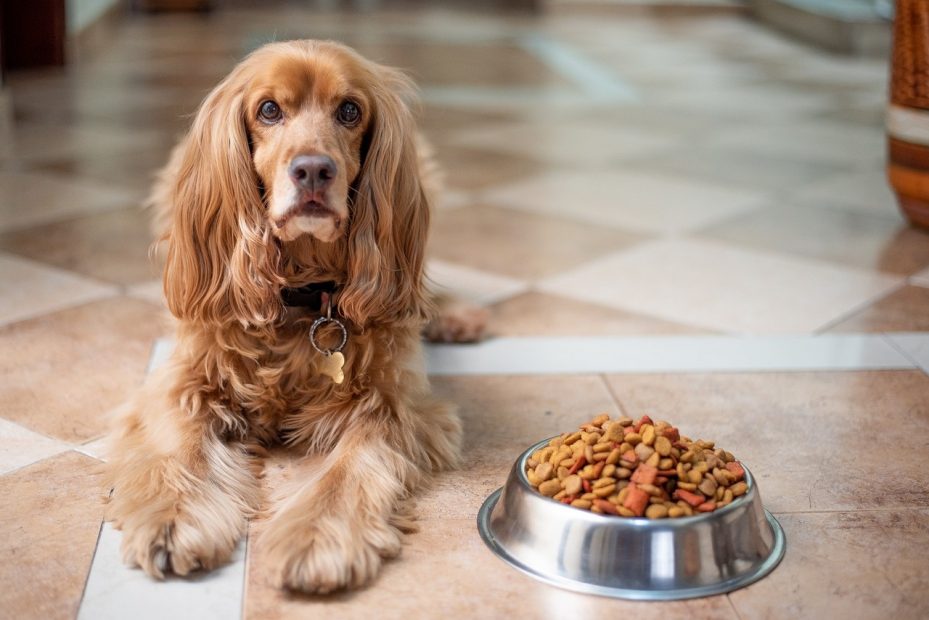As a dog owner, you naturally want your furry friend to be healthy and happy. One of the challenges you may face as an owner is a dog who is a difficult eater. It can cause a lot of frustration when your dog won't eat. Fortunately, with the right approach, you can change this. In this blog article, we share 10 helpful tips to help you satisfy your difficult eater and promote a healthy eating habit. Read on quickly!
- Stick to a set feeding schedule
It is important to follow a consistent feeding schedule for your dog so that your dog gets his food at set times. A routine helps your dog get used to eating at certain times and can stimulate appetite. In addition, it is very important that your dog can eat in a quiet environment. Too many stimuli can distract him.
2. Choose the right feed
Very important! Make sure your four-legged friend gets good quality dog food that meets his nutritional needs. Some dogs may need a special diet depending on their age, breed or health condition. It may take some time until you find the right food for your pal, but don't give up and keep trying things out! If you can't figure it out, consult a veterinarian to determine the best food for your dog.

3. Vary nutrition
Feeding your dog the same food all the time can lead to boredom. After all, that's how it works for us, right? Try varying different flavors and textures from time to time. For example, mix wet food into the dry food or add some healthy vegetables to the meal.
5. Limit treats and snacks
We know it is tempting to provide your dog with his snack when he looks at you with puppy eyes and a drooling mouth, but it is important that your pal gets his main nutrition and vitamins from his regular meals. If your dog is constantly spoiled with treats and snacks, this can reduce his appetite. Limit the amount of snacks and make sure they are nutritious.
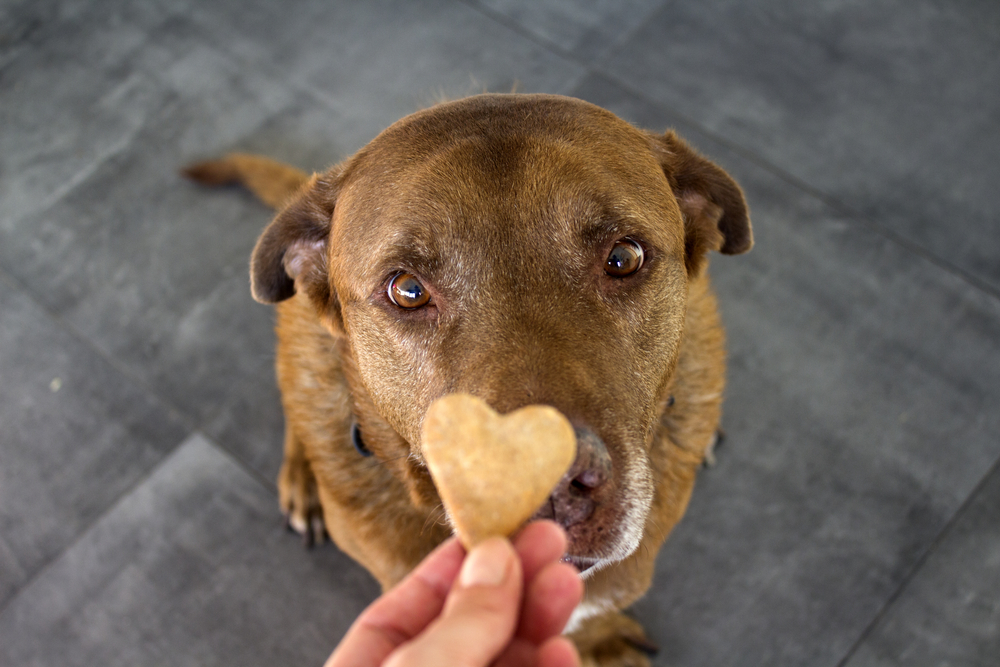
4. Make the feed attractive
Some dogs are picky and only want to eat if the food is attractive enough. Well, there are some spoiled brats out there! Try warming the food, adding a little water or some bone broth for extra flavor, or using tasty toppings such as low-fat yogurt or a little grated cheese. Use these toppings in moderation, as too much of them can lead to diarrhea.
6. Dinner for two
Dogs are social creatures and often enjoy eating in the company of their owner. Try eating at the same time as your dog or give him his meal while you are around yourself. This can stimulate his appetite. Make it a romantic dinner for the two of you!
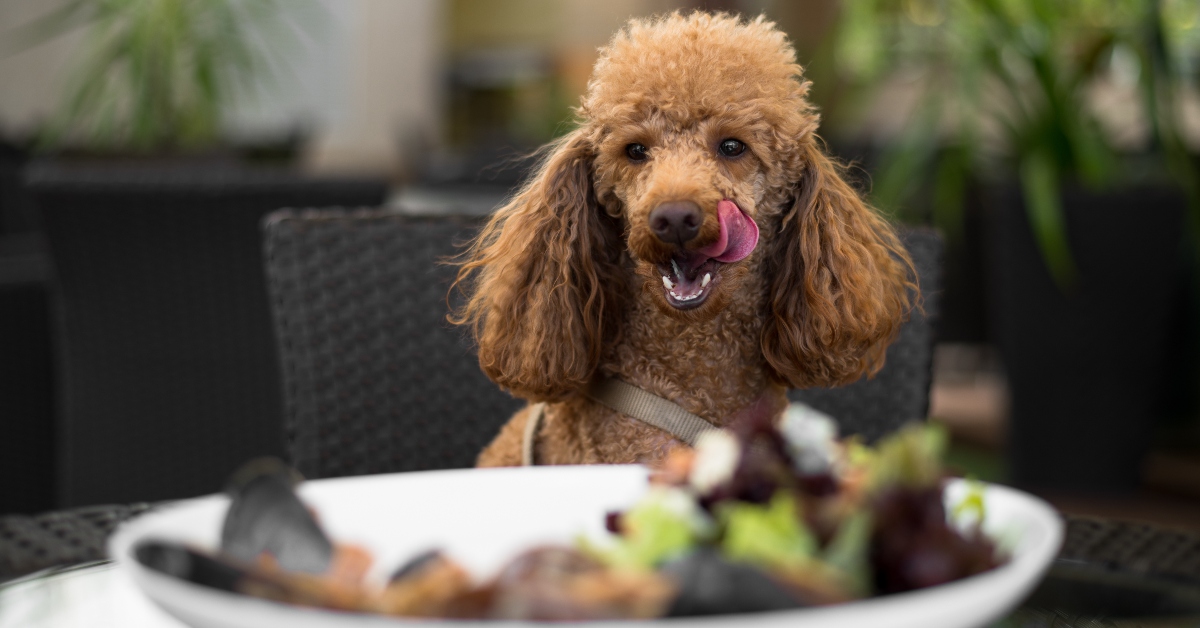
7. Exercise before eating
Some exercise before eating can stimulate your dog's appetite. Take a short walk or play some active games with your companion before he gets his meal.
8. Give your rascal plenty of time
Some dogs just need more time to eat. Let your dog eat slowly without rushing him. Give him at least 15-20 minutes to eat his meal before you take it away. Is your dog older, or has he never had a big appetite? Then leave a bowl of food throughout the day so that when he gets hungry again he can munch on some of his kibble.
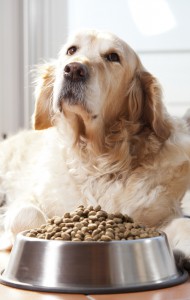
9. Avoid distractions while eating
While eating, make sure your dog is not distracted by other pets, children or noise. Create a quiet environment where he can concentrate on his meal.
10. Consult a veterinarian:
If your dog remains a difficult eater for an extended period of time, it is wise to consult a veterinarian. There may be underlying health problems affecting his appetite. The veterinarian can check your dog's health and treat any underlying problems.
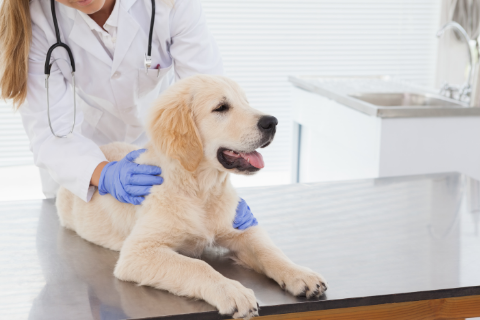
Comments
0 comments


